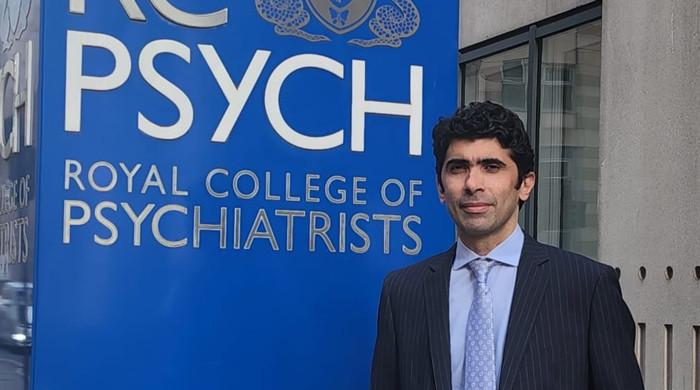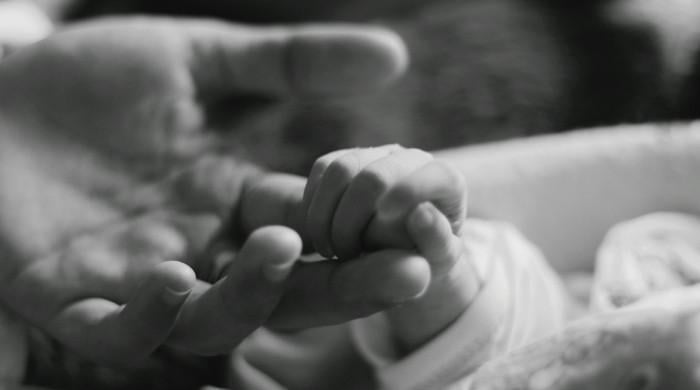This groundbreaking therapy becomes lifeline for blood cancer patients
Myeloma, a blood cancer type, manifests symptoms like fatigue and bone pain, affects nearly 6,000 people in UK alone every year
September 23, 2023

A "game-changing" triple therapy has been given the green light for NHS patients in the UK in a significant stride towards transforming the landscape of myeloma treatment.
For thousands of Brits grappling with this incurable blood cancer, this development is nothing short of a lifeline.
Myeloma, a cancer that manifests in the bone marrow and manifests symptoms like fatigue and bone pain, affects approximately 6,000 people in the UK every year.
Until now, a common approach to treating myeloma involved administering high-dose chemotherapy followed by a stem cell transplant utilising the patient's own cells. But for around two-thirds of patients, especially those in frail health or elderly, this treatment was not an option.
Now, the National Institute for Health and Care Excellence (Nice) has granted approval to the combination of daratumumab, lenalidomide, and dexamethasone, commonly referred to as DRD.
This revolutionary triple therapy has been recognised as a viable alternative for adults with untreated myeloma who cannot undergo a stem cell transplant.
Clinical data presented to Nice demonstrates that DRD significantly reduces the risk of disease progression and death by an impressive 45% when compared to the conventional treatment of lenalidomide plus dexamethasone. What's more, the survival rate without disease progression extends to five years, in contrast to just under three years for the other group.
The overall survival data paints an equally encouraging picture, indicating a 34% decreased risk of death when compared to the standard treatment.
Myeloma UK, a charity dedicated to supporting patients, estimates that up to 4,000 myeloma patients in the UK annually could reap the benefits of this groundbreaking triple therapy.
As of now, only half of myeloma patients survive the disease for five years or more, with just around a third surpassing the ten-year mark.
Shelagh McKinlay, the director of research and advocacy at Myeloma UK, expressed her excitement, saying that "DRD is a game-changer that will make a tremendous difference to patients' quality of life" while bridging the survival gap between those eligible for a stem cell transplant and those who are not.
Triple therapy is not merely about extending life but also about enhancing the quality of life, offering patients more precious years with their loved ones. The fight against myeloma has taken a monumental step forward, offering new hope to those facing this challenging diagnosis.











